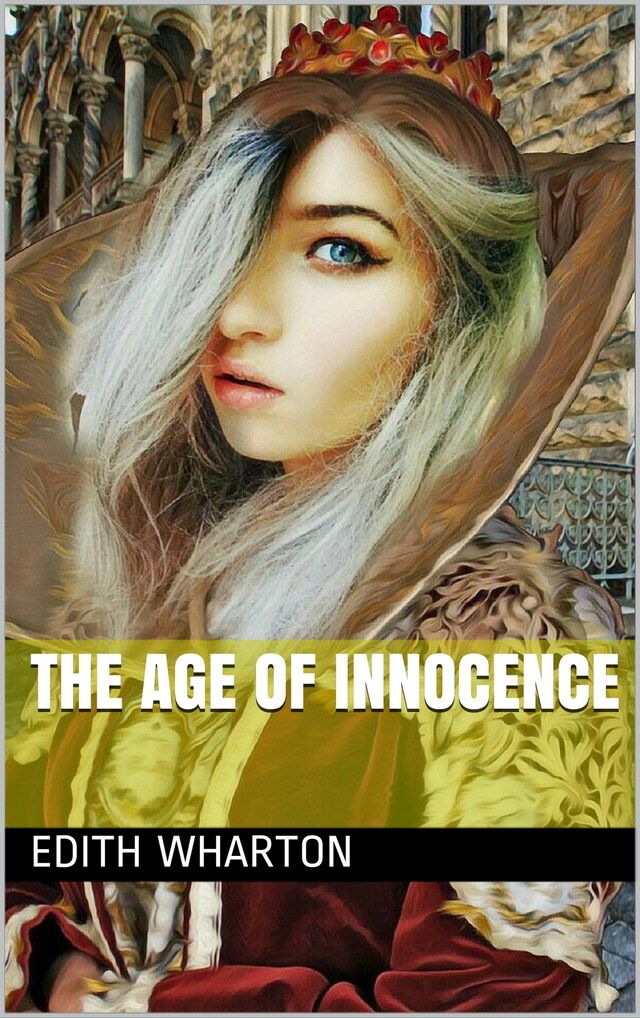
The Age of Innocence
Description of the book
Winner of the 1921 Pulitzer Prize, The Age of Innocence is Edith Wharton’s masterful portrait of desire and betrayal during the sumptuous Golden Age of Old New York, a time when society people “dreaded scandal more than disease.”
This is Newland Archer’s world as he prepares to marry the beautiful but conventional May Welland. But when the mysterious Countess Ellen Olenska returns to New York after a disastrous marriage, Archer falls deeply in love with her. Torn between duty and passion, Archer struggles to make a decision that will either courageously define his life—or mercilessly destroy it.
The Age of Innocence centers on an upper-class couple's impending marriage, and the introduction of the bride's cousin, plagued by scandal, whose presence threatens their happiness. Though the novel questions the assumptions and morals of 1870s New York society, it never develops into an outright condemnation of the institution. The novel is noted for Wharton's attention to detail and its accurate portrayal of how the 19th-century East Coast American upper class lived, as well as for the social tragedy of its plot. Wharton was 58 years old at publication; she had lived in that world and had seen it change dramatically by the end of World War I.
The title is an ironic comment on the polished outward manners of New York society when compared to its inward machinations. It is believed to have been drawn from the popular painting A Little Girl by Sir Joshua Reynolds that later became known as The Age of Innocence and was widely reproduced as the commercial face of childhood in the later half of the 18th century. The title, while ironic, was not as caustic as the title of the story featured in The House of Mirth, which Wharton had published in 1905.
 Edith Wharton
Edith Wharton 344 Pages
344 Pages